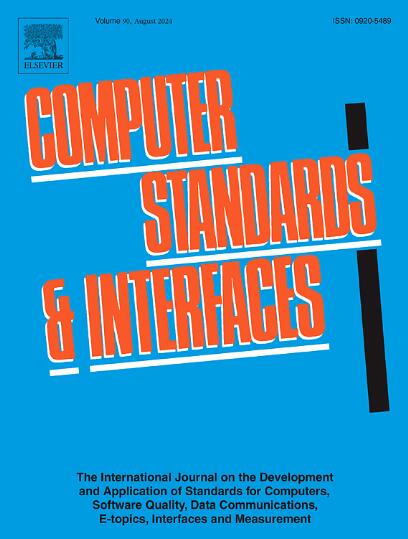USBIPS framework: Protecting hosts from malicious USB peripherals
IF 3.1
2区 计算机科学
Q1 COMPUTER SCIENCE, HARDWARE & ARCHITECTURE
引用次数: 0
Abstract
Universal Serial Bus (USB)-based attacks have increased in complexity in recent years. Modern attacks incorporate a wide range of attack vectors, from social engineering to signal injection. The security community is addressing these challenges using a growing set of fragmented defenses. Regardless of the vector of a USB-based attack, the most important risks concerning most people and enterprises are service crashes and data loss. The host OS manages USB peripherals, and malicious USB peripherals, such as those infected with BadUSB, can crash a service or steal data from the OS. Although USB firewalls have been proposed to thwart malicious USB peripherals, such as USBFilter and USBGuard, their effect is limited for preventing real-world intrusions. This paper focuses on building a security framework called USBIPS within Windows OSs to defend against malicious USB peripherals. This includes major efforts to explore the nature of malicious behavior and achieve persistent protection from USB-based intrusions. Herein, we first introduce an allowlisting-based method for USB access control. We then present a behavior-based detection mechanism focusing on attacks integrated into USB peripherals. Finally, we propose a novel approach that combines cross-layer methods to build the first generic security framework that thwarts USB-based intrusions. Within a centralized threat analysis framework, the approach provides persistent protection and may detect unknown malicious behavior. By addressing key security and performance challenges, these efforts help modern OSs against attacks from untrusted USB peripherals.

USBIPS框架:保护主机免受恶意USB外设的攻击
近年来,基于通用串行总线(USB)的攻击变得越来越复杂。现代攻击包含了广泛的攻击向量,从社会工程到信号注入。安全社区正在使用越来越多的分散防御来应对这些挑战。无论基于usb的攻击的载体是什么,大多数人和企业最重要的风险是服务崩溃和数据丢失。主机操作系统管理USB外设,恶意的USB外设(如感染了BadUSB的USB外设)可能导致服务崩溃或从操作系统窃取数据。尽管USB防火墙已经被提议用来阻止恶意的USB外设,如USBFilter和USBGuard,但它们的效果对于防止现实世界的入侵是有限的。本文的重点是在Windows操作系统中构建一个名为USBIPS的安全框架,以防御恶意USB外设。这包括主要努力探索恶意行为的本质,并实现对基于usb的入侵的持久保护。本文首先介绍了一种基于允许列表的USB访问控制方法。然后,我们提出了一种基于行为的检测机制,专注于集成到USB外设中的攻击。最后,我们提出了一种结合跨层方法来构建第一个通用安全框架的新方法,该框架可以阻止基于usb的入侵。在集中式威胁分析框架中,该方法提供持久保护,并可以检测未知的恶意行为。通过解决关键的安全和性能挑战,这些努力帮助现代操作系统抵御来自不受信任的USB外设的攻击。
本文章由计算机程序翻译,如有差异,请以英文原文为准。
求助全文
约1分钟内获得全文
求助全文
来源期刊

Computer Standards & Interfaces
工程技术-计算机:软件工程
CiteScore
11.90
自引率
16.00%
发文量
67
审稿时长
6 months
期刊介绍:
The quality of software, well-defined interfaces (hardware and software), the process of digitalisation, and accepted standards in these fields are essential for building and exploiting complex computing, communication, multimedia and measuring systems. Standards can simplify the design and construction of individual hardware and software components and help to ensure satisfactory interworking.
Computer Standards & Interfaces is an international journal dealing specifically with these topics.
The journal
• Provides information about activities and progress on the definition of computer standards, software quality, interfaces and methods, at national, European and international levels
• Publishes critical comments on standards and standards activities
• Disseminates user''s experiences and case studies in the application and exploitation of established or emerging standards, interfaces and methods
• Offers a forum for discussion on actual projects, standards, interfaces and methods by recognised experts
• Stimulates relevant research by providing a specialised refereed medium.
 求助内容:
求助内容: 应助结果提醒方式:
应助结果提醒方式:


